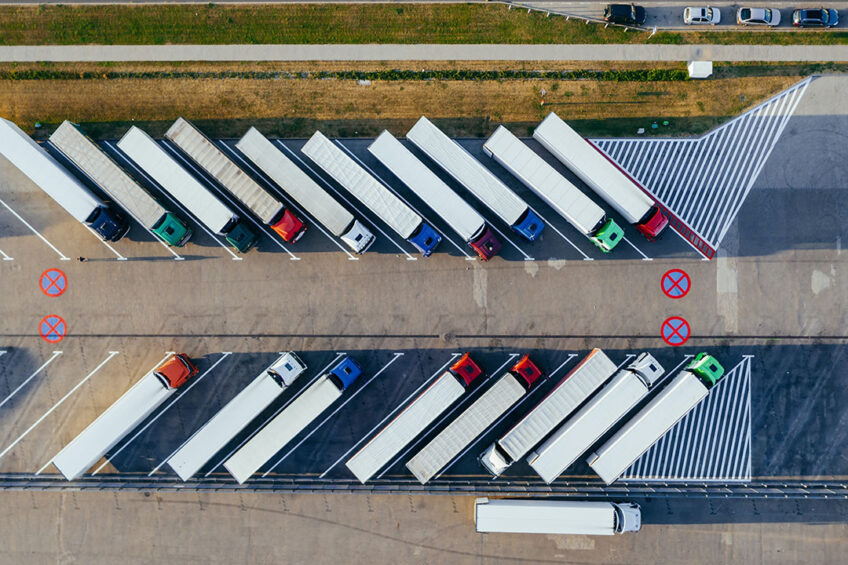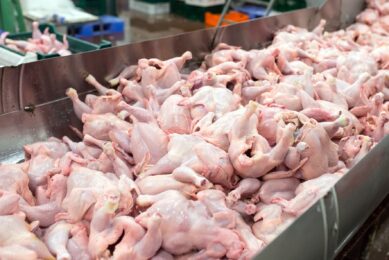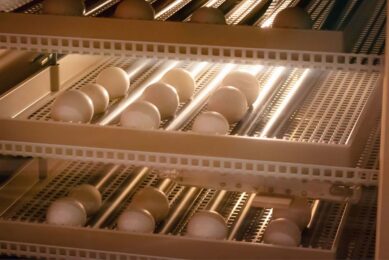Rise of poultry imports from Ukraine puts EU sector at risk

Ways to mitigate the impact of the increase of poultry imports from Ukraine are needed, according to the European Union trade organisation AVEC.
Senior AVEC (Association of Poultry Processors and Poultry Trade) representatives have met with EU agriculture commissioner, Janusz Wojciechowski, to present data supporting the use of expedited safeguard measures for imports of poultry meat from Ukraine.
While AVEC reiterates its full support to EU authorities for all measures aiming at helping Ukrainian citizens face the consequences of the Russian aggression, it said the poultry sector had been facing some real issues as a result of the war.
Unforeseen consequences for EU poultry
Gert-Jan Oplaat, AVEC’S president, said: “Our organisation and members fully support the measures aiming to help Ukrainian citizens during this terrible war. However, our sector has been experiencing unforeseen consequences, and we would like to find solutions to mitigate their impact.”
Trade liberalisation has led to a large rise in poultry meat imports from Ukraine. Since June 2022, when liberalisation started, the sector has imported more than 218,000 tonnes of poultry meat from Ukraine.
A 240% increase in imports
The EU quota that was in place before liberalisation limited imports from Ukraine to just 90,000 tonnes. This means the EU has been facing an increase of 240% in imports compared to the initial quota over a 12-month period.
As a result, this has had a significant impact on the prices of chicken breast fillets in the EU, putting the whole of the EU poultry meat market at risk.
A safeguard clause
“While the Commission has proposed prolonging the liberalisation of trade with Ukraine for one additional year, we call for the activation of the safeguard clause to reintroduce quotas for the imports of poultry meat as soon as possible,” said Oplaat.
“While we understand the need to support Ukraine collectively, it is unfair that our sector has had to pay such a high price to help Ukraine individually. If measures are not taken in the future, the survival of our sector is at stake,” he concluded.
In a separate move, the European Commission has agreed to uphold a proposal to extend restrictions on some agricultural imports from Ukraine (wheat, corn, rapeseed, and sunflower seeds) to Bulgaria, Hungary, Poland, Romania and Slovakia until 15 September. This has been made on the premise that problems prompted by such imports have not yet been fixed.
 Beheer
Beheer











 WP Admin
WP Admin  Bewerk bericht
Bewerk bericht